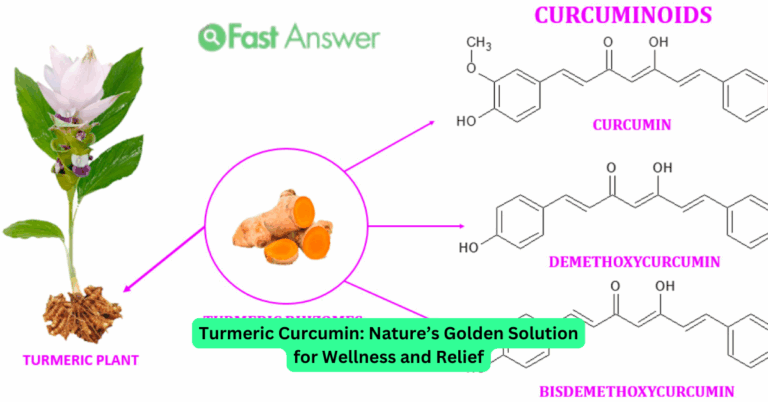Best Teas for Digestive Health: Sipping Your Way to a Healthier Gut
Digestive health plays a vital role in overall well-being, affecting everything from energy levels to immune function. For centuries, herbal teas have been used as natural remedies to soothe digestive issues and promote gut health. Whether you’re dealing with bloating, indigestion, or irregular bowel movements, the right tea can offer relief and improve your digestive function. In this article, we’ll explore some of the best teas for digestive health, highlighting their benefits and how they can help keep your digestive system running smoothly. If you’re looking for a natural, soothing way to support your gut, these teas are an excellent place to start.
Peppermint Tea: A Soothing Solution for Digestion
Peppermint tea is one of the most popular herbal remedies for digestive issues. It contains menthol, which has antispasmodic properties that help relax the muscles of the gastrointestinal tract, easing symptoms like cramping, bloating, and gas. Peppermint tea is also known to promote the flow of bile, aiding in the digestion of fats. If you often suffer from indigestion or nausea, sipping on a cup of peppermint tea after meals can provide significant relief. Additionally, it has a refreshing flavor that makes it a pleasant addition to your daily routine.
Ginger Tea: Stimulating Digestive Enzymes for Better Absorption
Ginger has long been revered for its digestive benefits, and ginger tea is an excellent way to harness its soothing properties. Ginger contains compounds called gingerols and shogaols, which help stimulate the production of digestive enzymes, aiding in the breakdown and absorption of food. Drinking ginger tea can help alleviate nausea, reduce bloating, and promote healthy digestion. It also helps in reducing inflammation within the digestive tract, which can be beneficial for conditions like irritable bowel syndrome (IBS). A warm cup of ginger tea after meals can also help settle an upset stomach and encourage smooth digestion.
Chamomile Tea: Relaxing Your Gut and Easing Discomfort
Chamomile tea is widely known for its calming and anti-inflammatory properties, making it an excellent choice for improving digestive health. Chamomile helps relax the muscles of the gastrointestinal tract, reducing spasms, cramps, and bloating. Its soothing effects can also alleviate indigestion and heartburn by reducing stomach acid. In addition to its digestive benefits, chamomile has a mild sedative effect that can promote relaxation and help with stress management—an important factor since stress can negatively impact digestion. For those looking to unwind after a meal, chamomile tea is a perfect, gentle option.
Fennel Tea: Relieving Bloating and Gas
Fennel is a herb that has been traditionally used to relieve digestive discomfort, particularly bloating and gas. Fennel tea contains compounds like anethole, which can help relax the muscles of the digestive tract and allow trapped gas to pass more easily. This makes it a great option for those who experience bloating or discomfort after eating. Fennel tea also promotes the secretion of digestive juices, aiding in the overall digestive process. For a natural remedy to reduce bloating and support digestion, fennel tea is a fantastic choice to add to your digestive health routine.
Licorice Root Tea: Protecting the Digestive Lining and Reducing Inflammation
Licorice root tea is a less commonly known but highly effective tea for digestive health. Licorice root has been used in traditional medicine for centuries due to its ability to protect the stomach lining and reduce inflammation. It can help relieve symptoms of acid reflux, heartburn, and ulcers by soothing the gastrointestinal tract. The anti-inflammatory properties of licorice root can also promote healing of the digestive lining, reducing irritation caused by acid. However, it’s important to note that licorice should be consumed in moderation, as excessive intake can lead to side effects like high blood pressure. When used appropriately, licorice root tea is a great way to support digestive health.
FAQs
Q1: Can herbal teas really improve my digestive health?
Yes, many herbal teas contain compounds that have antispasmodic, anti-inflammatory, and soothing properties, which can help improve digestion and alleviate discomfort such as bloating, gas, and indigestion.
Q2: How often should I drink these digestive teas?
For optimal benefits, it’s recommended to drink one to two cups of digestive herbal tea per day, especially after meals. However, if you’re using these teas for specific conditions, it’s always best to consult with a healthcare provider for personalized advice.
Q3: Are there any side effects from drinking digestive teas?
Most digestive herbal teas are safe for regular consumption. However, some herbs, like licorice root, should be consumed in moderation due to potential side effects like increased blood pressure. Always check for any allergies or sensitivities before trying new teas.
Q4: Can these teas help with chronic digestive issues like IBS?
Herbal teas like peppermint, ginger, and fennel can be helpful for managing symptoms of IBS, such as bloating, gas, and discomfort. However, for chronic conditions, it’s important to work with a healthcare provider to create a comprehensive treatment plan.
Q5: Can I drink these teas if I’m pregnant?
Some herbal teas, like peppermint and ginger, are generally considered safe during pregnancy in moderate amounts. However, certain herbs, like licorice root, should be avoided during pregnancy. Always consult with your doctor before consuming herbal teas during pregnancy.

